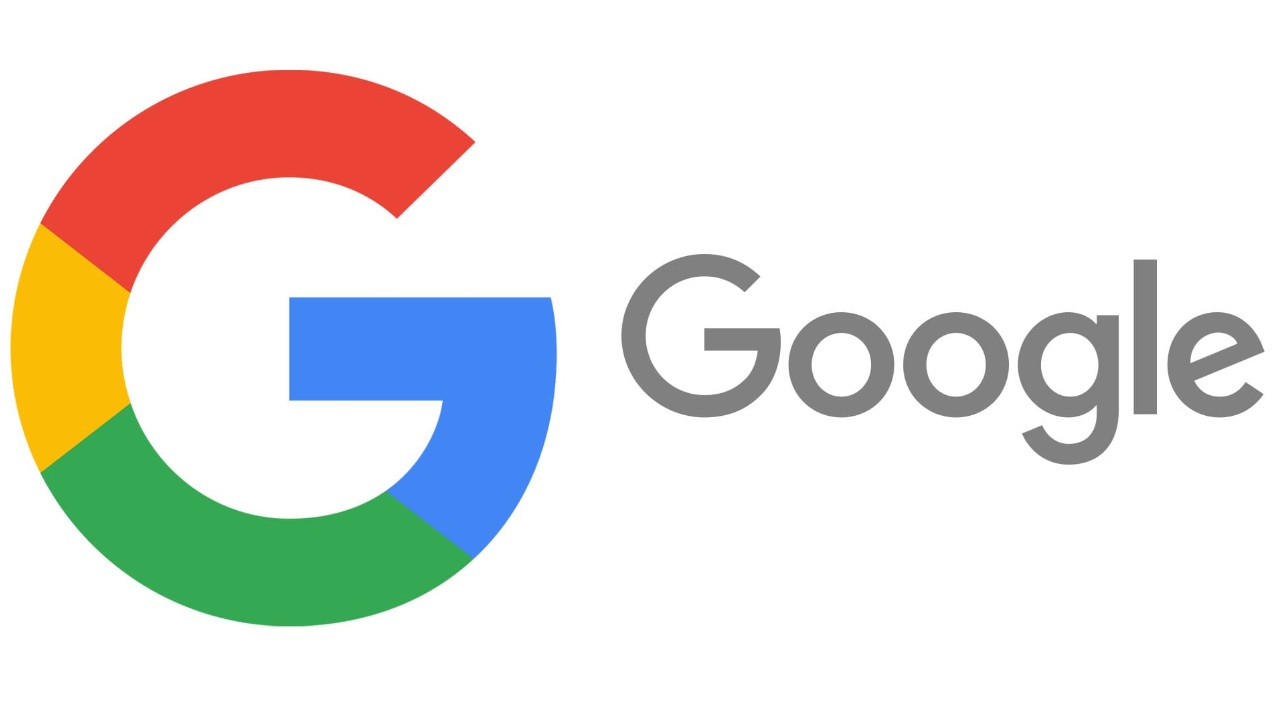Google's search algorithm is the core technology behind how Google sorts through the billions of websites on the internet to find the answer to any query. The algorithm works to give the searcher the most relevant, up-to-date, and trustworthy answer.
Google's search algorithm is constantly evolving and improving as the search engine grows in leaps and bounds. It collects information from the millions of websites and web pages on the internet, evaluates the relevancy of each, and then ranks them according to criteria like originality, quality of content, and authority of the website that provides the answer.
Google's search algorithm goes beyond searching for exact words and instead, looks for context. For example, if you type in the phrase 'driving in London', the algorithm understands that you are searching for information about driving in London, not a website about cars. It will look for related terms and subjects, narrowing down its search for what's most relevant and up to date for you.
Google is also able to identify when content is copied and paste from other webpages or websites, and spammy content. It recognises snippets or phrases that are repeated often across multiple websites which could mean that it’s not original material or has been taken from another site. The search engine employs an algorithm to pick this up and rank it lower than content that’s original and up to date.
Google also looks at the structure of a website, prioritising well-organised, professional websites that are informative and easy to navigate, such as sites that display contact information, good use of language, images, and videos. It penalises websites with lots of pop-up ads or other commercial features, as it's algorithm deems these to be disruptive and distracting to the user.
When it comes to links, Google’s algorithm looks for inbound links from other websites that showcase the website as authoritative and trustworthy. Likewise, the algorithm looks at outbound links to websites that provide further useful information and insights. This helps to give the web page or website more relevance and authority.
Become a Sales & Marketing Rainmaker
Learn valuable skills to win more customers, grow your business, and increase your profits.

Google’s search algorithm overlooks a range of factors that encompass SEO and search engine optimisation. SEO comprises two parts: on-page SEO, which is all about the content on the website, and off-page SEO, which looks at more technical factors like the speed of the website and robots.txt file, website structure, and navigation, as well as social media engagement. All of these components are important factors in Google’s algorithm calculation, and should be considered when creating content or updating a website.
When it comes to producing content for a website or blog, the general guidelines follow that of great quality is better than quantity. Quality content should be original, provide value to the user, and provide a genuine insight into the topic. It should be broken down into easy to read sections and incorporate visuals or multimedia, if possible. Finally, it should be written in proper UK English and utilise strategic keywords relevant to the topic in order to be discoverable by Google’s algorithm.
To optimise website structure, avoid pop-up ads, ensure your site loads fast and is mobile-friendly, and make sure that all visual and textual elements on each page are well structured and organised. Use proper headings, paragraphs and titles. Google will be able to rank your content better when the structure and layout are of good quality.
Off-page SEO should include active engagement on social media, as well as creating inbound links from other authoritative and reliable websites to yours, and vice versa. This will show Google’s algorithm that your website is connected to other quality websites and is worth showing on its search engine results pages.
Ultimately, Google's search algorithm follows the overall aim of providing users with the most relevant, up to date, and trustworthy information for their query. Doing so allows for better user experience and helps to build trust in the search engine, its services, and those websites featured on its search engine results page. By following these guidelines, adhering to best practices, and providing quality content, your website should be in with a good chance of ranking highly on Google.
